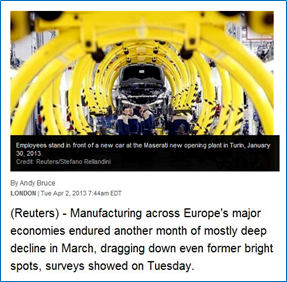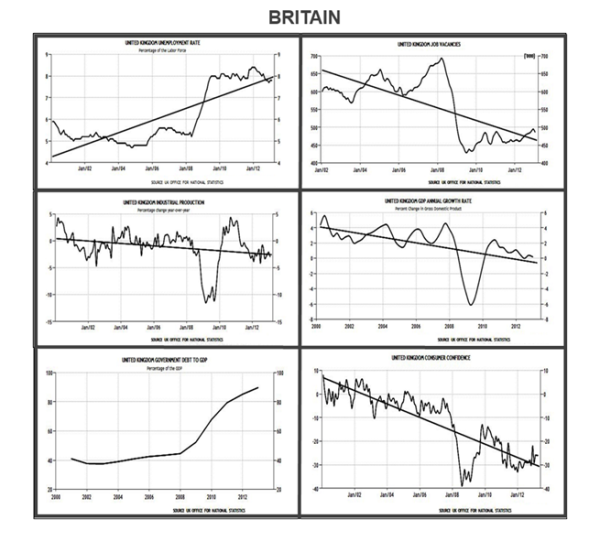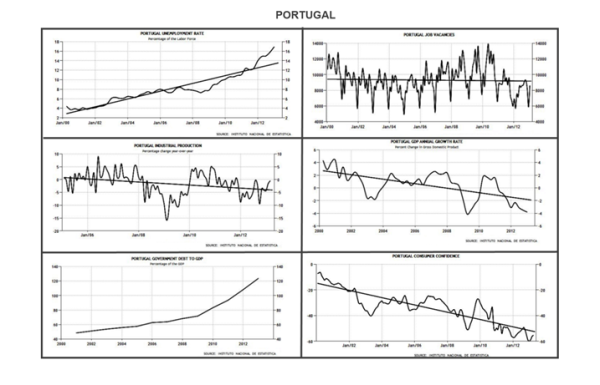Recently I came across an interesting story in a local paper titled “Europe calling, Goans on the run”. The news story goes on to speak about two thousands and more Goans who hold Portuguese nationality or passport. The figure may be accurate or off the mark; but the fact remains that a large number of Goans are indeed on a run allured by Europe. Though they are Portuguese nationals, almost all of them live and work in Britain.
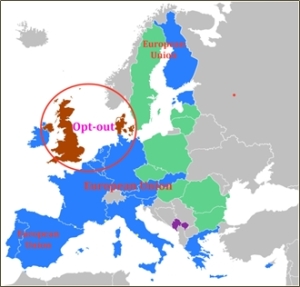 Crucial to the success of this ‘return voyage of discovery’ are answers to three basic questions : One, how long is Britain likely to provide employment to them ? Two, how long will the unique circumstance which provides these Portuguese nationals with unlimited access to Britain last ? And, three, will Portugal provide them with the conditions for the fulfillment of their dreams, if they have to return to it ?
Crucial to the success of this ‘return voyage of discovery’ are answers to three basic questions : One, how long is Britain likely to provide employment to them ? Two, how long will the unique circumstance which provides these Portuguese nationals with unlimited access to Britain last ? And, three, will Portugal provide them with the conditions for the fulfillment of their dreams, if they have to return to it ?
In the immediate aftermath of WWII Europe began a process of integration to avoid the extreme nationalism that had led to the devastating war. After a number of moves, in 1957 the European Economic Community (EEC) was formed; starting with 6 countries, EEC gradually embraced almost all the countries in Europe. The Schengen Agreement of 1985 led the way towards the creation of open borders without passport controls, ensuring free movement of people, goods, services and capital across the member countries of EEC. This is what makes it possible for Portuguese nationals to live and work without restrictions in Britain.
In 1992 the Maastricht Treaty was signed creating the European Union and a single European currency, the euro. But Britain negotiated an opt-out from the part of the Maastricht Treaty that would have required it to adopt the common currency. The coalition government elected in May 2010 pledged not to join the euro for the lifetime of the parliament. British public opinion has consistently opposed joining the euro. Britain therefore has always been on the fence of the European union – one foot in, one foot out.
|
LONDON: Record numbers of rich Indians are swooping on high-end residential properties in London, thanks to a booming economy, favourable foreign exchange rates and rise in number of students here from affluent Indian families. In the residential property market in which each house is worth 5 million pounds and above, Indians now figure as the second biggest foreign buyer group. European buyers top the prime market, while Chinese buyers are third, behind Indians, according to Savills, a prominent estate agent. EconomicTimes, Jan 21, 2011, 11.03pm IST |
The Maastricht Treaty outlines 5 convergence criteria EU member states are required to comply with in order to adopt euro :
- Inflation cannot be more than 1.5% higher than the inflation rates in the 3 EU member states with the lowest inflation.
- The ratio of the budget deficit to gross domestic product at market prices cannot exceed 3% at the end of the preceding fiscal year.
- The ratio of government debt to GDP at market prices cannot exceed 60% at the end of the preceding fiscal year.
- The countries should have joined the exchange-rate mechanism under the European Monetary System for two consecutive years, and should have succeeded to keep its monetary exchange-rate within a +/- 15% range from an unchanged central rate. (Prior to adoption of euro.)
- Long-term interest rates cannot be more than 2.0% higher, than the similar 10-year government bond yields in the 3 EU member states with the lowest inflation.
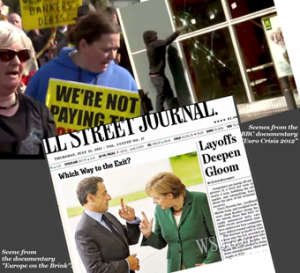 The convergence criteria were and still are a must for the financial stability of the EU. It is the divergence from these criteria that led to the Euro crisis. But they were doomed to diverge from the very start. The member countries of EU were never on a level playing field; and they could never be. Adhering to these criteria would impose severe restrictions on their economic governance, and would go against their economic goals. That is the reason Britain opted to stay out of the European monetary integration. Further, more integrated a country is into the union, greater would be the contagion of any financial destabilisation within the union. For those countries which are already in, the choice is more difficult; they cannot opt out now; they have to leave the EU altogether. And one country leaving could open the flood gates for the dissolution of the union.
The convergence criteria were and still are a must for the financial stability of the EU. It is the divergence from these criteria that led to the Euro crisis. But they were doomed to diverge from the very start. The member countries of EU were never on a level playing field; and they could never be. Adhering to these criteria would impose severe restrictions on their economic governance, and would go against their economic goals. That is the reason Britain opted to stay out of the European monetary integration. Further, more integrated a country is into the union, greater would be the contagion of any financial destabilisation within the union. For those countries which are already in, the choice is more difficult; they cannot opt out now; they have to leave the EU altogether. And one country leaving could open the flood gates for the dissolution of the union.
The member countries of EU basically fall into two categories : those which are worse off than the others (like Greece, Italy, Spain, Portugal, etc.) and those which are better off than the others (like Germany, France, Holland, etc.). Both are caught in a dilemma. The former need the union to tide over their bad times; but have to put up with the hurting domination of the others – beggars cannot be the choosers. The latter need the former (markets) to keep their fires burning; but have to put up with the burden of irresponsible extravagance of the former.
 The question relevant to us is, in such a situation, how long can Britain remain dangling over the fence, particularly as it sees the union getting into bigger and bigger mess day by day ? Perhaps Britain finds itself at the tether’s end. A few months ago British Prime Minister David Cameron sent a clear message to the rest of Europe that the British wanted a few things changed; with a veiled threat that if not it will quit. Of course Britain is not alone in the disillusionment with the EU. Several economic groups in the continental Europe would rather prefer to be out of the union. But these countries have an overpowering political reason to see that the union survives – the memories of WWII are still strong; that is not true of Britain. So all said and done, it is difficult to say how long Britain will remain in the union, even if the union itself survives. Influx of migrants from the less
The question relevant to us is, in such a situation, how long can Britain remain dangling over the fence, particularly as it sees the union getting into bigger and bigger mess day by day ? Perhaps Britain finds itself at the tether’s end. A few months ago British Prime Minister David Cameron sent a clear message to the rest of Europe that the British wanted a few things changed; with a veiled threat that if not it will quit. Of course Britain is not alone in the disillusionment with the EU. Several economic groups in the continental Europe would rather prefer to be out of the union. But these countries have an overpowering political reason to see that the union survives – the memories of WWII are still strong; that is not true of Britain. So all said and done, it is difficult to say how long Britain will remain in the union, even if the union itself survives. Influx of migrants from the less
prosperous countries of EU into Britain has been one of the most hurting consequences of Maastricht Treaty. 2.3 million people from the rest of EU live and work in Britain; as against this only 1.7 million British citizens live in the rest of EU. This needs to be seen in the context of the unemployment situation in Britain. It would not be surprising then if the sentiment against the migrants from the rest of EU picks strength as time passes.
Let’s now turn to the other two vital conditions for the success of the ‘return voyage of discovery’ : the economic health of Britain that is needed to sustain the Goan Portuguese nationals there if EU survives; and the economic health of Portugal that is needed to accept the Goan Portuguese nationals back if EU collapses; the graphs above speak for themselves.
For the full story log on to : http://www.navhindtimes.in/panorama/goans-dream-walk-precipice
